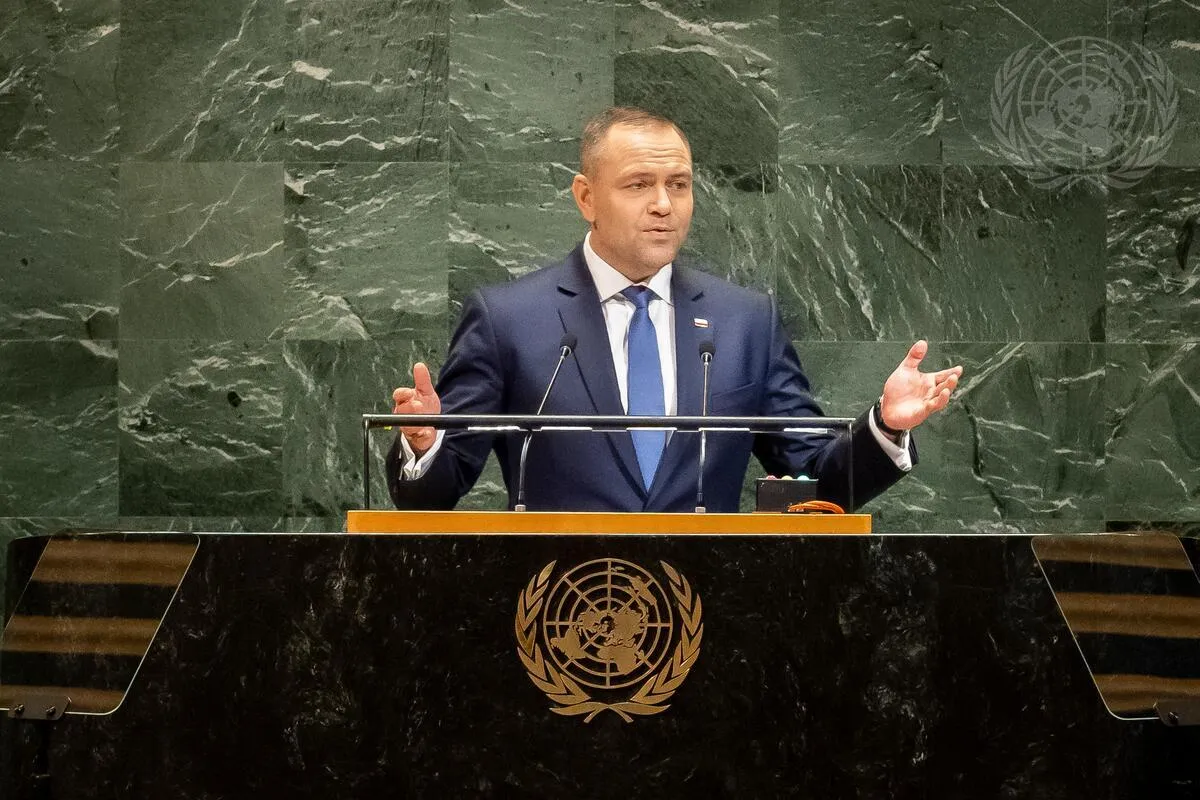Sixteen parties of almost as many EU member states signed a manifesto opposing the transformation of the European Union into a supranational state, reaffirming the supremacy of national constitutional law over European Law.
The document is signed by Jarosław Kaczyński (PiS, Poland); Giorgia Meloni (Fratelli d’Italia); Santiago Abascal (VOX, Spain); Viktor Orbán (Fidesz, Hungary); Matteo Salvini (Lega, Italy); Marine le Pen (RN, France); and several right-wing parties from Bulgaria (VMRO), Austria (FPÖ), Belgium (Vlaams Belang), Denmark (Dansk Folkeparti), Estonia (EKRE), Finland (Perussuomalaiset), Greece (Ellinikí Lýsi), Netherlands(Ja21), Lithuania (Lietuvos lenkų rinkimų akcija), and Romania (Partidul Național Țărănesc Creștin Democrat). It is seen as a response to the EU effort to impose the gender paradigm, a prominent issue of conflict with Poland and Hungary. It is a hot issue also in Italy, where Parliament is supposed to vote on a controversial criminal law against gender offenders.
However, the effort to gather sovereignist forces in a single group in the EU Parliament, which currently are part of different groups according to traditional left-right divisions, has gone on at least for two years. The effort has apparently found a minimal common denominator now. The political novelty of this is that whereas most of the signers belong to the (right-wing) sovereignist camp in the European Parliament, some prominent signers, such as Hungary’s Orban and Poland’s Kaczinski, belong to the pro-EU European People’s Party. If they form a faction, they will be the third force in the European Parliament, with 115 members.
The statement says, “The use of political structures and the law to create a European superstate and new social structures is a manifestation of the dangerous and invasive social engineering known from the past, which must provoke legitimate resistance.
“The moralistic overactivity that we have seen in recent years in the EU institutions has resulted in a dangerous tendency to impose an ideological monopoly.
“In order to stop and reverse this trend, it is necessary to create, in addition to the existing principle of conferral, a set of inviolable competences of the European Union’s member states, and an appropriate mechanism for their protection with the participation of national constitutional courts or equivalent bodies.
“All attempts to transform European institutions into bodies that take precedence over national constitutional institutions create chaos, undermine the sense of the treaties, question the fundamental role of member states’ constitutions, and the resulting disputes over competences are in effect settled by the brutal imposition of the will of politically stronger entities over weaker ones. This destroys the basis for the functioning of the European community as a community of free nations.”
The document pushes “family values” to solve the demographic crisis. “The cooperation of European nations should be based on tradition, respect for the culture and history of European states, respect for Europe’s Judeo-Christian heritage and the common values that unite our nations, and not on their destruction.”



